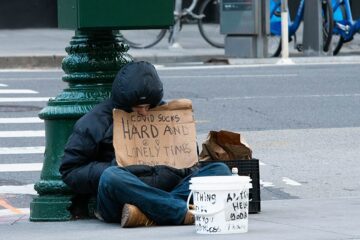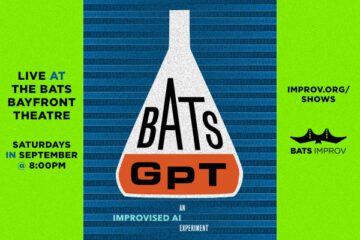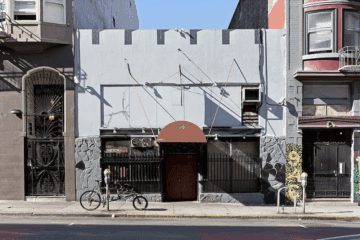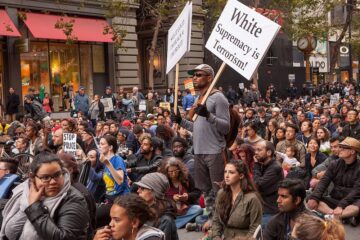Essential Life Skill: Recognizing Copaganda
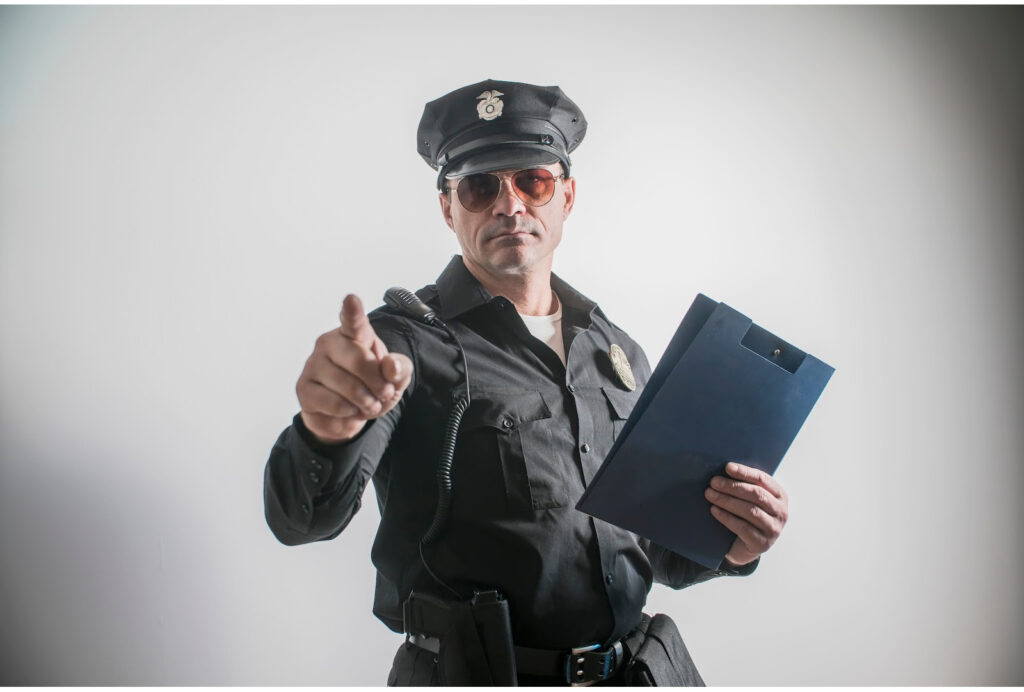
From ICE to Police, Copaganda is Dangerous
Recognizing copaganda is a key part of resistance. Copaganda, like propaganda, is a piece of art, music, literature, social media, or the news that reinforces positive views of cops. It enables them to do their policing with far less oversight and a greater degree of control over the narrative when one of their members does something aggressive or harmful.
The reason recognizing copaganda is so essential is that it is nefarious. It sneaks into our feeds and into our minds, making us associate policing with safety. This, in effect, lulls the community into complacency. Under our increasingly fascist government, a critical eye is precisely what we need.
How to Know if Something is Copaganda
Copaganda is everywhere, from PAW Patrol to Law & Order. Whenever you encounter media that features or even mentions police, ask yourself the following:
- Who made this piece of media? What do they have at stake?
- What is the context for this media? Has any major recent event occurred? Is there a backstory that’s being left out?
- What values are being perpetuated in this piece of media? Is it highly individualistic, overly friendly toward capitalism, valuing property over people, or encouraging cooperation beyond what is necessary?
Copaganda Myths and How to Combat Them
By characterizing police and state-sponsored violence as the actions of a few bad apples, copaganda can perpetuate three myths.
- Myth 1: Cops are nice. We’ve seen time and again that cops can get away with almost anything thanks to qualified immunity. The NAACP does a great job tracing the “slave patrol” origins of policing in the United States. Remember that it is important to consume multiple narratives so that you get a more broad perspective on an issue. Don’t forget how cops have been used as strike breakers when workers fight for better rights.
- Myth 2: Cops are part of the community. The unfortunate reality is that cops, especially in the Bay Area, often distance themselves from the community and only interact with people as a way to build social capital. Did you know that only 25% of SFPD even actually live in SF? Find ways to build community with your neighbors, local businesses, and those who frequent your haunts; we protect us.
- Myth 3: Cops are there to help. This is a complicated myth, because the way our system is set up we’re often forced into filing police reports or interacting with the police in order to fight for justice. Cops can often exacerbate negative situations, if they even show up in time to stop the progression of a crime. Know your rights and follow the advice of lawyers: When interacting with the police, shut the fuck up.
To sum it up: Copaganda is anything that perpetuates the myth that cops are, as a collective, good and that there are only a few bad apples. It can be subtle, so always consider the source.
The best ways to combat copaganda are to stay informed, stay connected, and stay wary.

Howdy! My name is Katy Atchison and I'm an Associate Editor for Broke-Ass Stuart.
I want to take the time to say thank you for supporting independent news media by reading BrokeAssstuart.com. Supporting independent news sources like Broke-Ass Stuart is vital to supporting our community because it amplifies the voices of a wide variety of diverse opinions. You also help support small businesses and local artists by sharing stories from Broke-Ass Stuart.
Because you're one of our supporters, I wanted to send over a pro-tip.
Our bi-weekly newsletter is a great way to get round ups of Broke-Ass Stuart stories, learn about new businesses in The Bay Area, find out about fun local events and be first in line for giveaways.
If you’d like to get our newsletter, signup right here, it takes 5 seconds.



